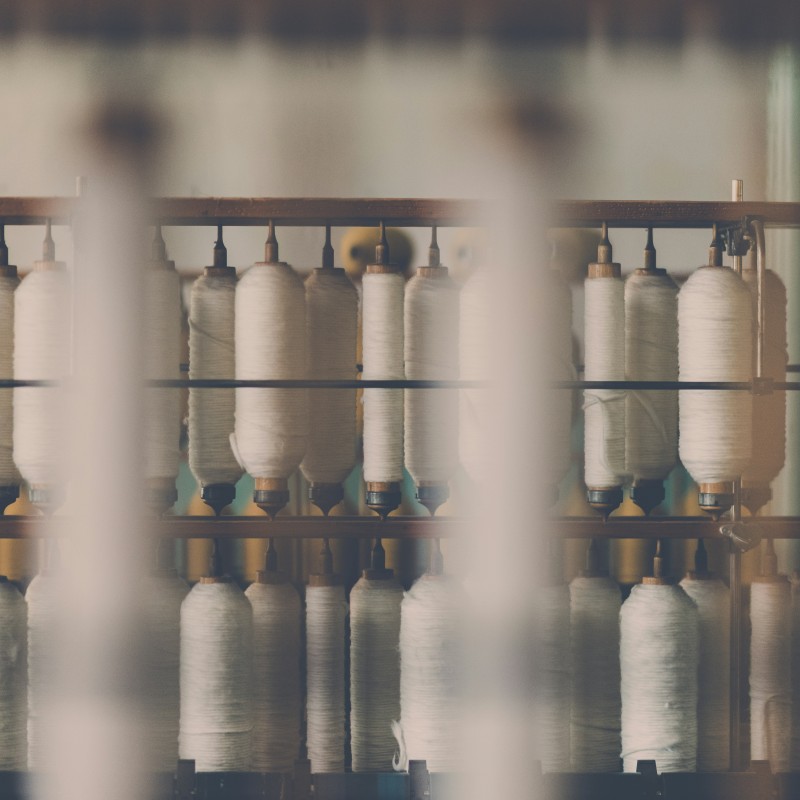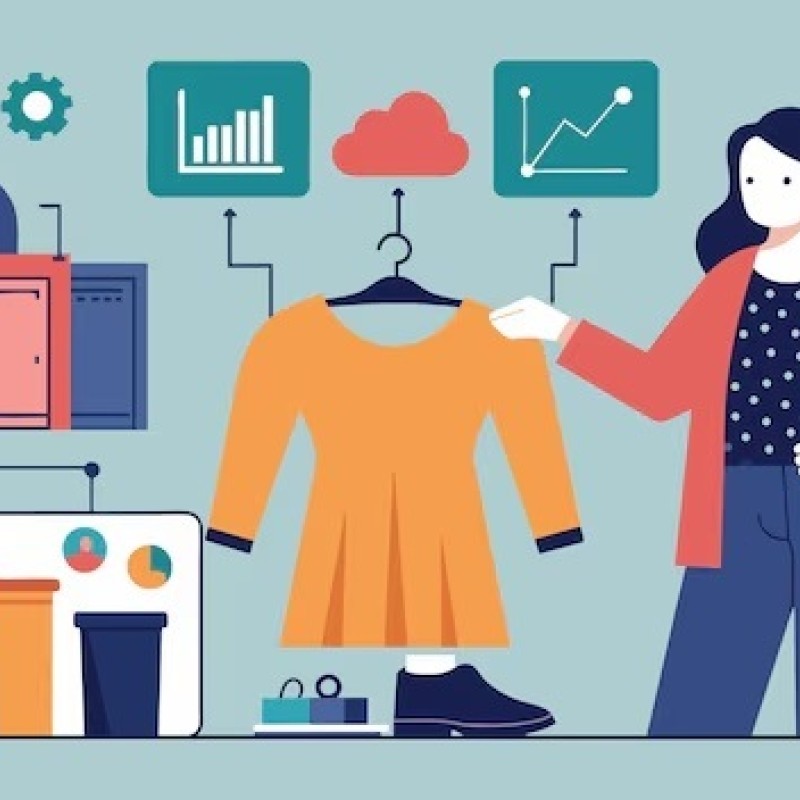It’s no secret that the world is going through the biggest climate crisis earth has ever seen. And because of this sustainability goals are at the top of almost every industry’s priority list – including fashion.
New sustainable targets mean working in the fashion industry will become even more challenging, however these goals will also result in exciting career prospects as brands strive to develop the best sustainable practises and find the best materials to reach carbon-zero.
Gone are the days when fashion brands can simply focus on designing beautiful clothes. All collections, and processes to create these collections, must now consider environmental implications.
Do you want to work in sustainable fashion? Here’s our guide on what you need to know about the sector and the skills you need to secure your perfect sustainable role.
First things first. What exactly is sustainable fashion and why is it important?
Sustainable fashion, also known as eco-fashion, is a movement to encourage an underlying change in the fashion industry and its core ethics.
Every item of clothing produced goes through a long line of processes before it lands on the shop floor, such as design, manufacturing and transportation. Unfortunately, at almost every one of these stages fashion brands are damaging the environment. In fact the apparel industry currently accounts for 10% of global carbon emissions.
Sustainable and ethical fashion is the industry’s approach to change this and find new ways to produce and source clothes with very little, if any, impact on the environment.
This new concept is extremely important because if the industry can reduce the harm its doing, it will have a huge impact on the overall levels of greenhouses gases in the entire world.
COP stands for Conference of the Parties, and the latest summit for the Parties, COP26, was attended by countries that have signed the United Nations Framework Convention on Climate Change in a bid to accelerate action to save our planet.
COP26 set an ambitious climate-changing goal to secure global net-zero carbon emissions by 2050, with CO2 emissions being halved by 2030.
As the fashion industry is one of the least environmentally-friendly industries (accounting for 2.1 billion tonnes of CO2 emissions every year), the new target has put a lot of pressure on fashion businesses to change their ways – now.
The good news is that many apparel brands have reacted positively to the ambitious goals. To name a few, Levi Strauss has committed to reducing emissions by 40% by 2025, Stella McCartney announced 100% of its products will be made from sustainable materials, and H&M said it will be ‘climate positive’ and reduce emissions by more than it emits.
If the climate challenge excites you, then a career in sustainable fashion will be a very rewarding one indeed. There are however skills you’ll need to land yourself a job in the sector, here are some of the most important ones:
Being genuinely passionate about sustainability is crucial. If you have this inner passion it will come across in your work and help the brand you work for make monumental changes. This isn’t a skill you can really master - your ethical principles tend to be a part of who you are.
A sustainable fashion degree is of course ideal, but there are plenty of other degrees and qualifications that will set you up for a career in the sector: textile science, sustainability, biology, human rights, or marketing.
Sustainable fashion is constantly changing and growing; you’ll need a creative mind to come up with innovative ideas to keep up with the times, think outside the box, and help your employer make a real difference to its environmental impact.
A sourcing role requires a good head for research to develop and find new sustainable ingredients and materials. Good analysis skills are also key to keeping up to date with market trends, customer needs and supply chain capabilities.
Sustainability often means working with external suppliers where excellent negotiation skills are vital to get the best price on materials. You’ll also be required to work with other businesses across the world and communication skills will be essential to translate what’s required from people in different countries and cultures.
As this sector is such a new and novel part of the fashion industry it’s become ultra-competitive. You will therefore need to be driven and ambitious to get your name out there and stay ahead of the game.
Experience working in the sector will obviously stand you head and shoulders above other candidates. If you’re starting out in your career then an internship or environmentally-focused qualifications will help you on your way.
There is a huge future for sustainable fashion. Gone are the heady days of hedonistic fashion. The world is changing, and the fashion industry is changing with it.
Recycling, upcycling, resale, and making clothes from biodegradable materials are all the norm today, as is wearing the same outfit more than once (think Kate Middleton). A career in sustainability has a lot to offer and the opportunities within the sector will grow rapidly as time goes on.
The second-hand market is one area that has already experienced a huge surge in just a matter of months, with environmentally-conscious shoppers purchasing pre-owned bags and clothes from platforms such as Vestiaire Collective and The RealReal. The prospects really are endless – and you could be part of them!
So if you have a passion for fashion, caring deeply about the planet, why not get in touch and let us find the perfect sustainable fashion job for you.
Interested to read more sustainable fashion articles? Try these:
Use our expertise as a top fashion recruitment agency to find your next role beyond your expectations.





Beyond Talent
Fashion Recruitment Agency
Specialising in Senior and Executive recruitment for the luxury fashion, lifestyle and beauty industries worldwide.
Head Office Address
20-22 Wenlock Road, London, N1 7GU
Contact Us